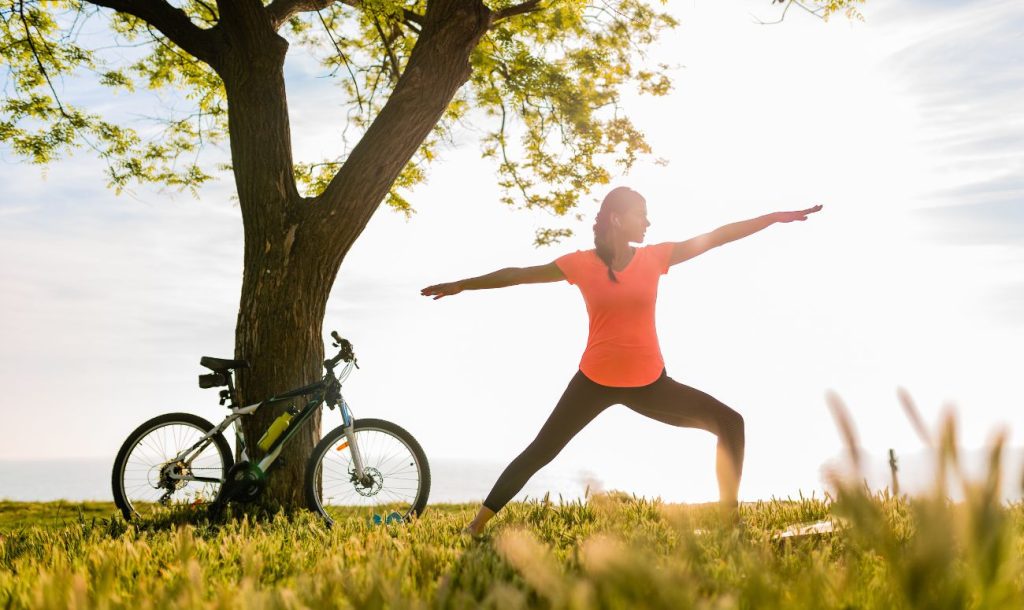Exercise plans can definitely be hampered by the summer’s heat and humidity. There are more ways to stay cool during warm weather exercises besides moving your plans inside for an air conditioned workout. Many people can still continue exercising in hot summer weather provided they follow sufficient precaution measures and stay prepared.
Doing a workout during summer put the body under additional stress, so it’s crucial to know your limitations and pay close attention to your body. It’s advised to halt training or lessen the intensity if you ever feel dizzy until you feel better. It’s also crucial to keep in mind that the heat will impair your workout, so avoid pushing yourself too far and take frequent rests to allow your body to cool down.
Even with all of these internal cooling systems, humans are still vulnerable to overheating, especially when exercising outside in the heat. Body temperature increases when heat production exceeds heat loss, which can cause major health problems such heat exhaustion, heat stroke, heat rash, and cramps.
10 Tips To Exercising Safely In Hot Summer Weather
1. Wear Breathable Clothing
To successfully cool down, use breathable, light-colored, and breathable workout clothing that allows perspiration to drain. Not only will these materials keep you cool while you’re exercising in hot weather, but they can also help you prevent skin rashes, pimples, and heat rash. When exercising in the heat, it is crucial to wear a hat.
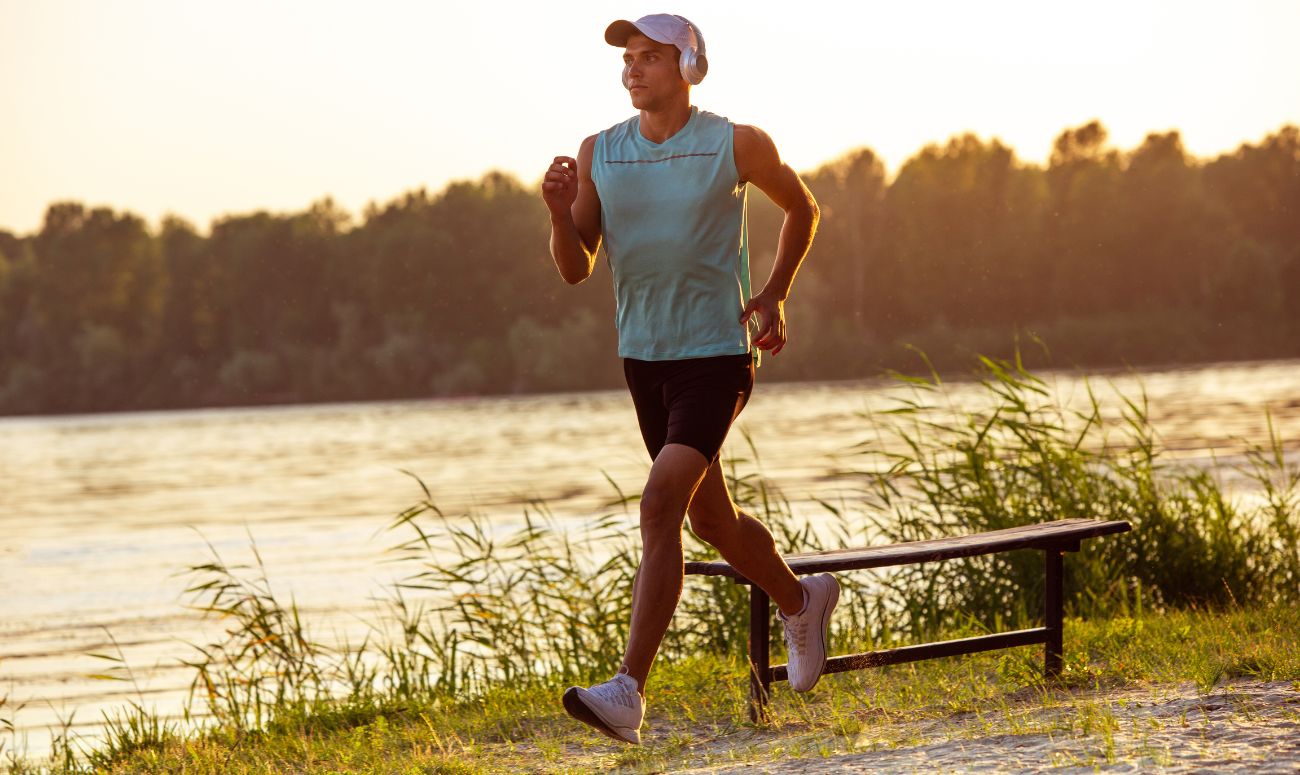
2. Stay Hydrated
Each day, you should consume about six and eight glasses of water, or about two litres. In the summer, aim to increase this to about 10 glasses to make sure your body is getting enough water, especially if you’re exercising. If you’re exercising moderately during hot weather for a brief period of time, water should be sufficient to prevent dehydration; however, any more intensive exercise calls for a sports drink to ensure that your body is replenished adequately.
3. Add Variations
Change your lengthy run for circuits or interval training. With this sort of workout, you will have more time to rest, allowing your body to calm down and allowing you to consume more water. If at all feasible, try to workout in areas that are shaded. This will give you greater protection from sunlight and lessen the intensity of the heat and humidity.
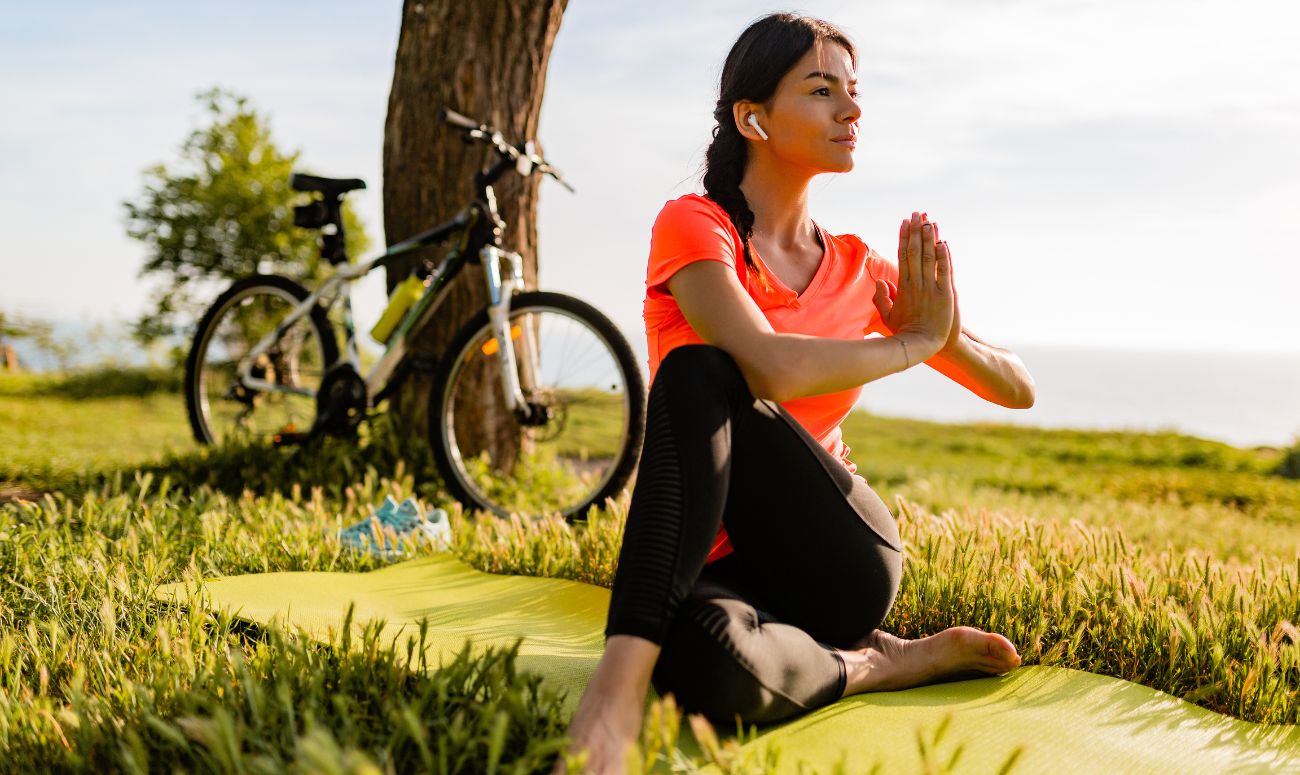
4. Eat Mindfully
Avoid eating a large meal prior to exercise while you’re out in the heat. Energy is needed for food digestion. The process of digestion increases body temperature and diverts blood flow from the muscles that are being worked while exercising during hot weather. A miserable workout can be the result of your body attempting to digest meals while still engaging in intensive physical activity.
5. No Afternoon Workouts
Stay away from midday workouts. When running, walking, or biking, try to stay out of the sun’s direct line of sight and avoid peak solar hours, which are often between 10 a.m. and 4 p.m.
6. Use Sunscreen
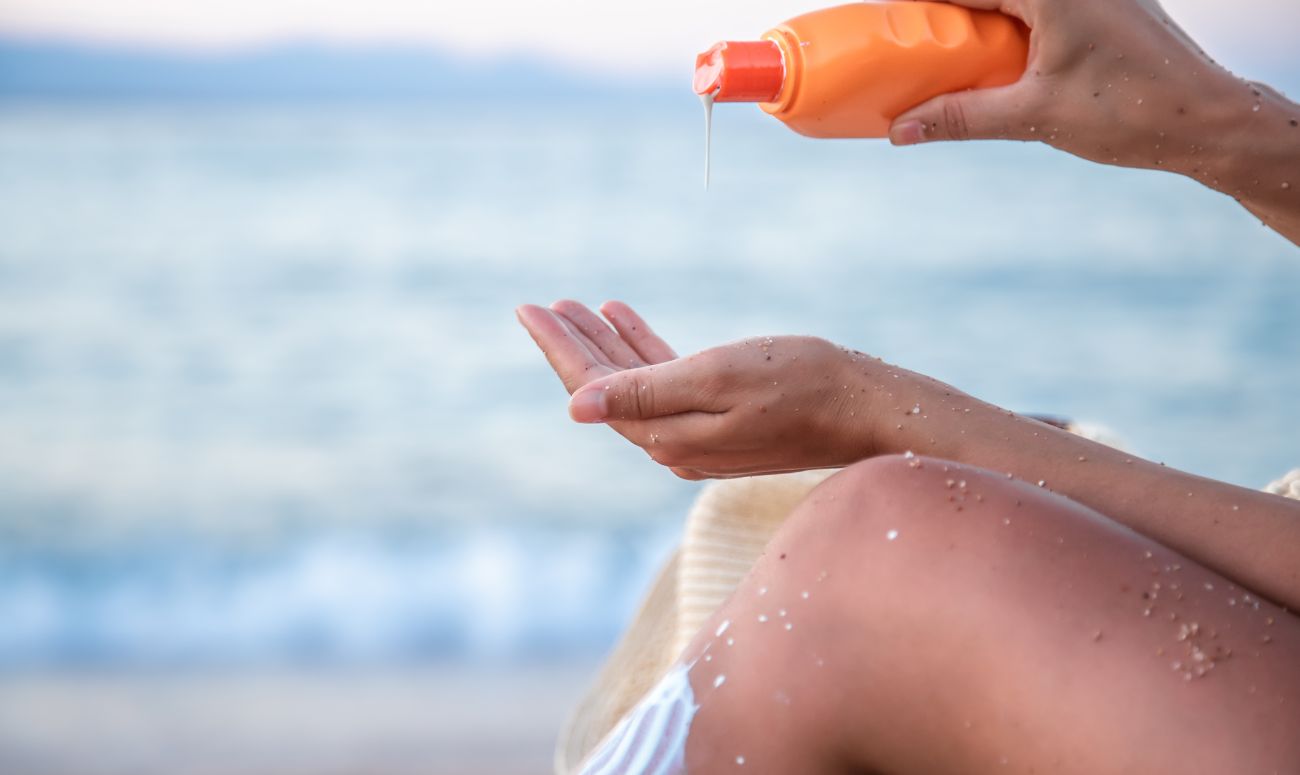
To avoid burning, you must take great care to shield any exposed skin from the sun’s damaging rays. Try these sunscreens recommendations by TRM with up to SPF 40 to protect your skin from sun rays and signs of aging.
7. Up Your Nutrition Levels
In addition to needing to regulate your water intake, perspiration also results in mineral loss. The health of a person depends on electrolytes. You might think about using an electrolyte supplement in your water. Alternately, select a sports drink in place of regular water. Potassium, sodium, and chloride replacement can be helped by administering low dosages of electrolytes.
8. Schedule Your Workouts
Avoid scheduling your toughest workouts on the hottest days. When it’s hot and humid outside, lessen the intensity of your workout by choosing a lesser-impact activity or a shorter session. Consider a hobby that will let you take breaks to drink water and let your heart rate slow down. If you use a gym, conduct your warm-up and cool-down there to reduce the amount of time you spend in the sun.
9. Listen To Your Body
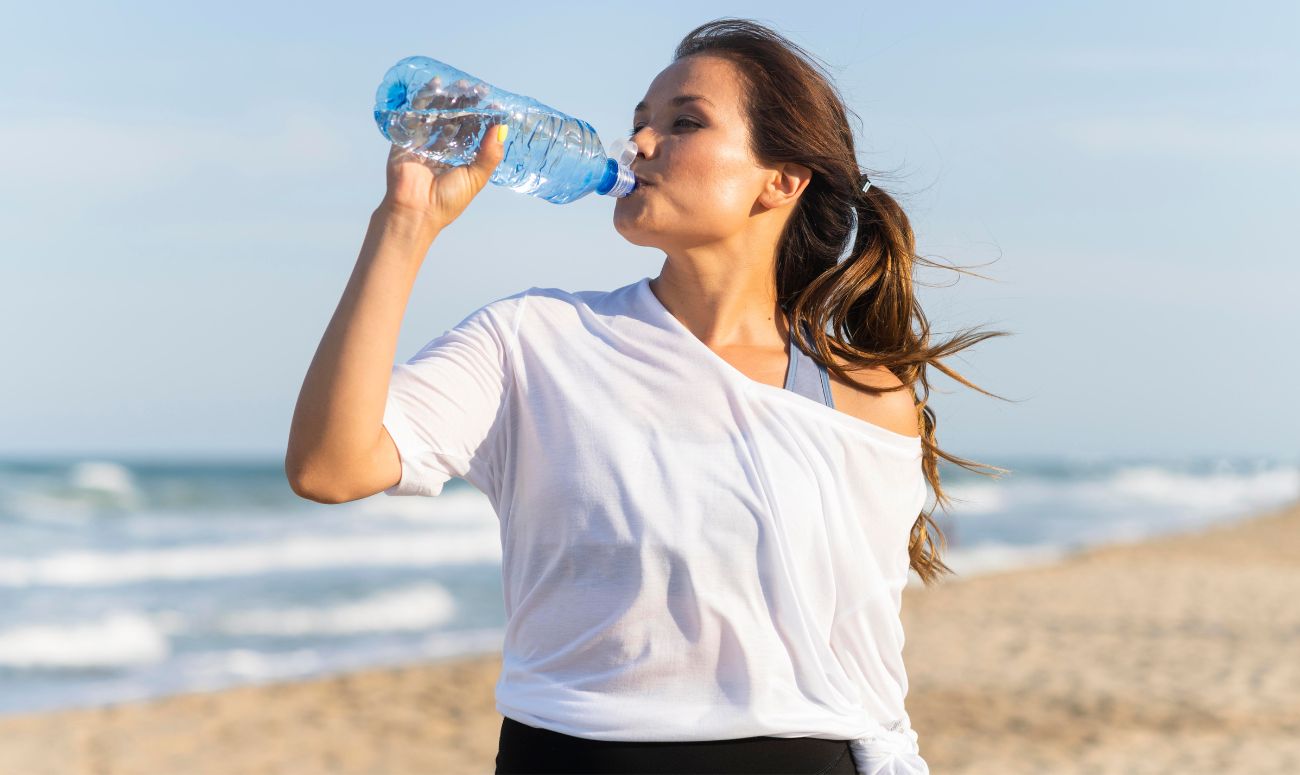
If you start to feel dizzy or ill, stop right away. Drink water, find a spot in the shade, and keep a healthy food on hand at all times. Choose juicy foods, such as fruit. Dry snacks like energy bars that call for your body to add water are the last thing you need in the heat. Additionally, dry snacks are frequently high in calories, making them a simple obstacle to weight loss plans, whether it is summer or winter.
10. Stay Vigilant
Keep an eye out for signs that your body temperature is rising dangerously. Learn the symptoms of heatstroke, which include nausea, cramps, and dizziness. If you experience these symptoms, you should drink more fluids, take a rest, and go into a cooler area.
Read More: What Is Kidulting And How Can It Benefit Your Mental Health?
Like & Follow ThinkRight.me on Facebook, Instagram, Twitter, Pinterest and Telegram to stay connected.
